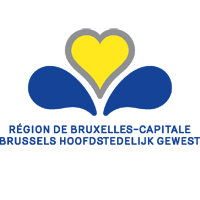The Digital Leadership Institute Team is actively involved in outreach activities with partners and stakeholders around the world that promote ESTEAM* leadership by girls and women. Below are outreach activities in which DLI was involved in Fall 2023.
*Entrepreneurship and Art powered by Science, Technology, Engineering and Mathematics
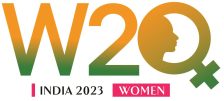
15 June 2023 – G20 Women20 India 2023 Summit (Mahabalipuram, India): On 15 June 2023 in Mahabalipuran, India, Cheryl Miller Van Dÿck, DLI Founding Director, joined the final meeting of the G20 Women20 India 2023 Presidency in her joint capacities as Co-HOD of the EU Delegation and Chair of the W20 India Skills Development, Education and Labour Force Participation Task Force.
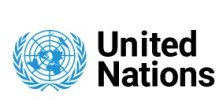
10-19 July 2023 – UN High Level Policy Forum on Sustainable Development (New York, New York): On 15 July 2023 in New York City, Cheryl Miller Van Dÿck, DLI Founding Director, joined a side-event hosted by the Women’s Major Group of the UN High Level Policy Forum on Sustainable Development, in her capacity as Co-HOD of the EU W20 Delegation and DLI Director.
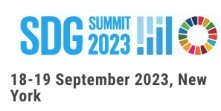
16-19 September 2023 – UN SDG Summit 2023 (New York, New York): On 16-19 September in New York City, Cheryl Miller Van Dÿck, DLI Founding Director, joined the UN General Assembly convening of the SDG Summit 2023 and SDG Action Weekend, in her capacity as Co-Head of the EU W20 Delegation and DLI Director.
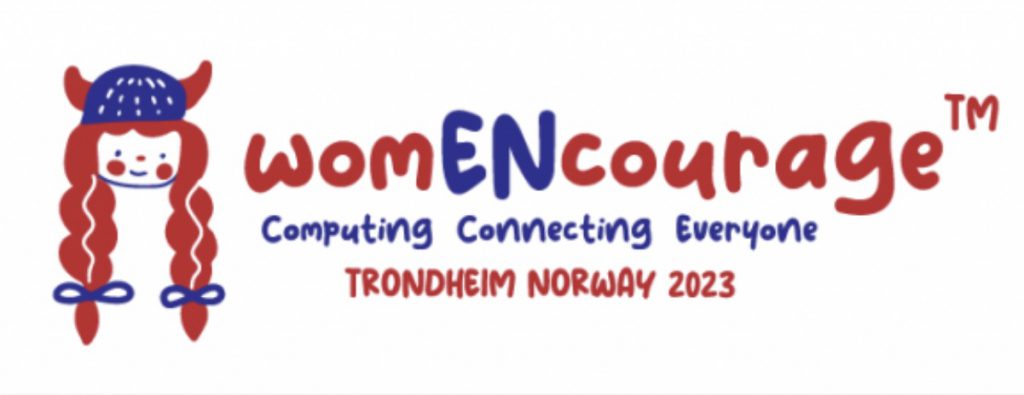
20 September 2023 – womenENcourage Conference (Trondheim, Norway): On 20 September, Katja Legisa, DLI Entrepreneurship Director, contributed to a panel on Interventions and Initiatives of Gender Inclusion in Academia and Industry, as part of the ACM womENcourage conference in collaboration with the EUGAIN, European Network For Gender Balance in Informatics, a COST Action funded by the European Union.
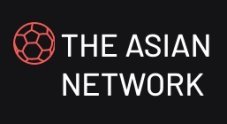
28 September 2023 – Rethinking Harmony in Asia 2023 (Online): 28 September, Cheryl Miller Van Dÿck, DLI Founding Director, provided a keynote on “Ensuring and Ethical and Safer Digital World,” as part of The Asian Network virtual conference on Rethinking Harmony in Asia 2023.
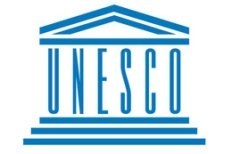
23-24 November 2023 – UNESCO STEM Alliance Conference (Venice, Italy): On 23-24 November in Venice, Italy, Cheryl Miller Van Dÿck, DLI Founding Director, joined a panel at the UNESCO STEM Alliance Conference as part of her recent UNESCO research on “Gender in STEM in Southeast Europe.”
To browse past activities with DLI and our partners, please click here. Be sure to also visit our calendar, sign up for the DLI Newsletter and follow us on Facebook, Twitter & Instagram in order to keep up with DLI events and activities!
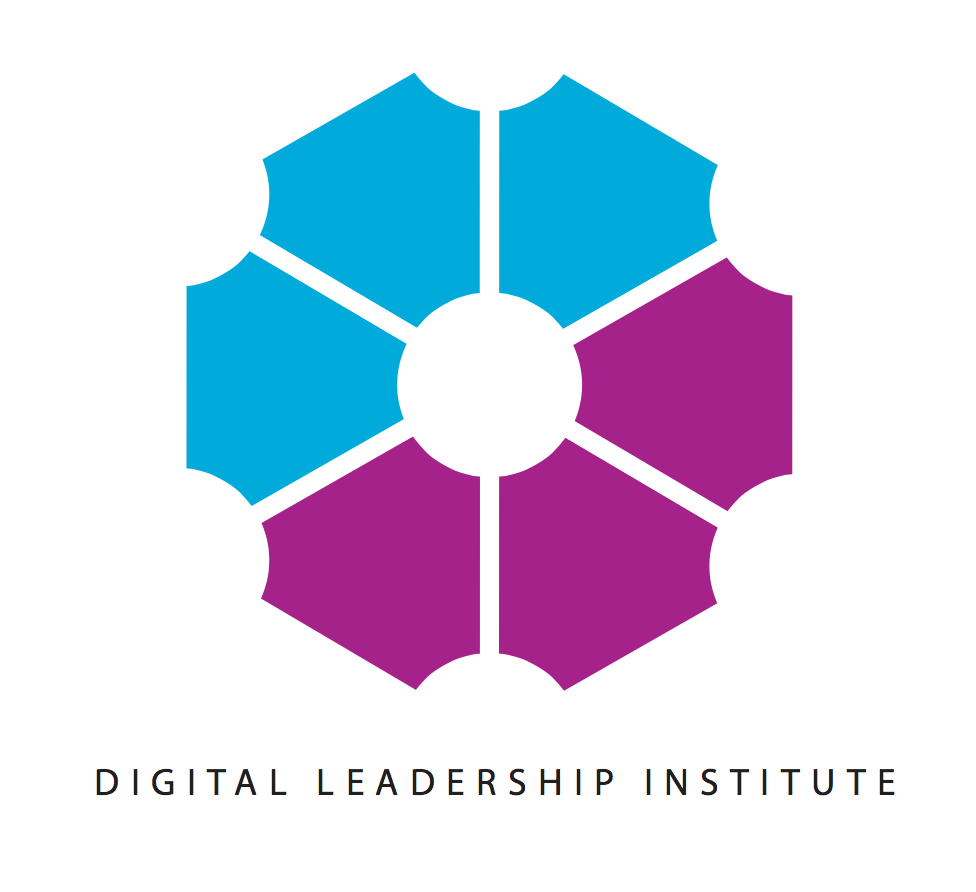
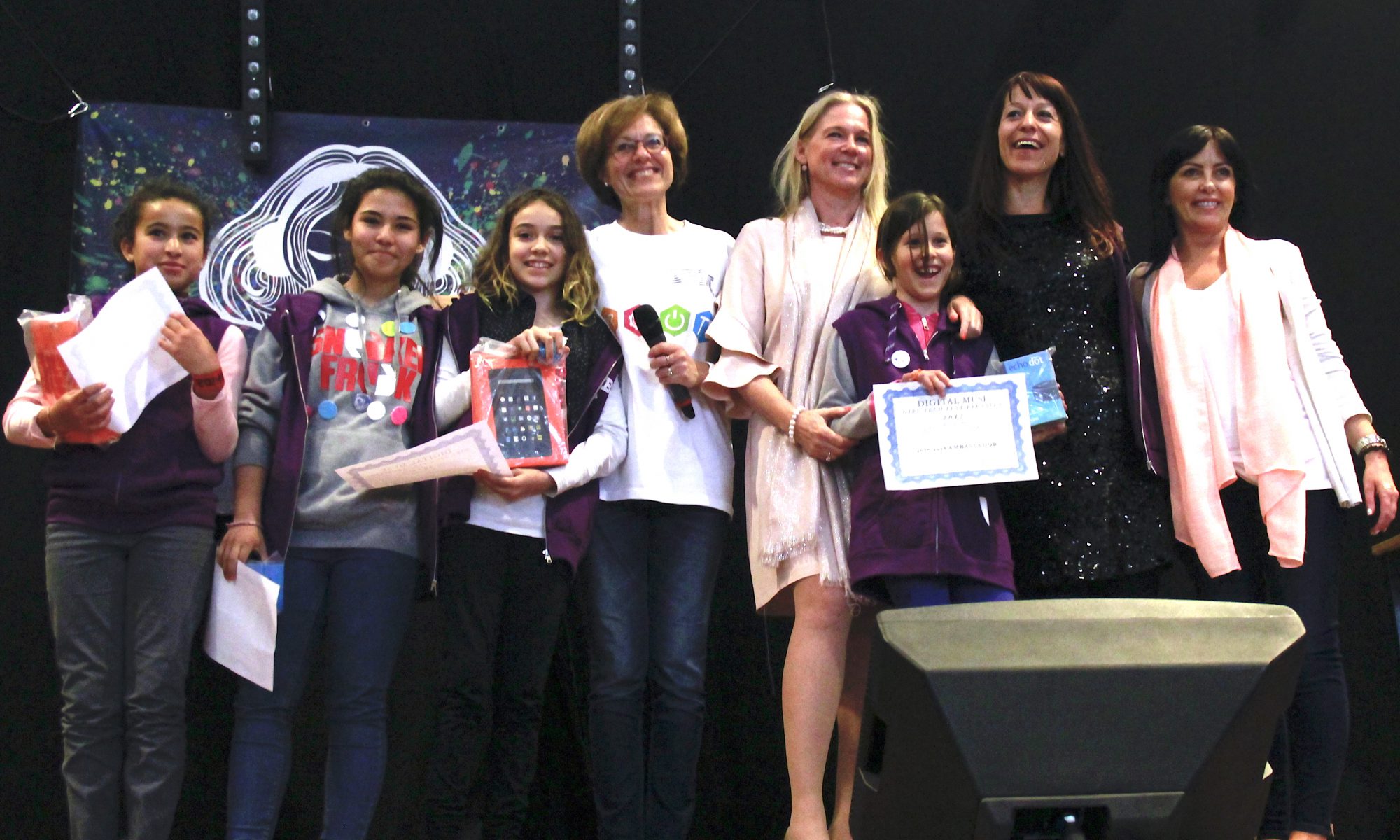
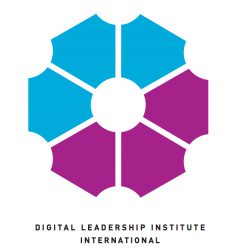
 13 September –
13 September –  15 September –
15 September –  19 September –
19 September –  26 September –
26 September –  28 September –
28 September –  4 October –
4 October –  9 October –
9 October – 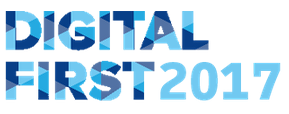 19 October –
19 October –  11 October –
11 October – 
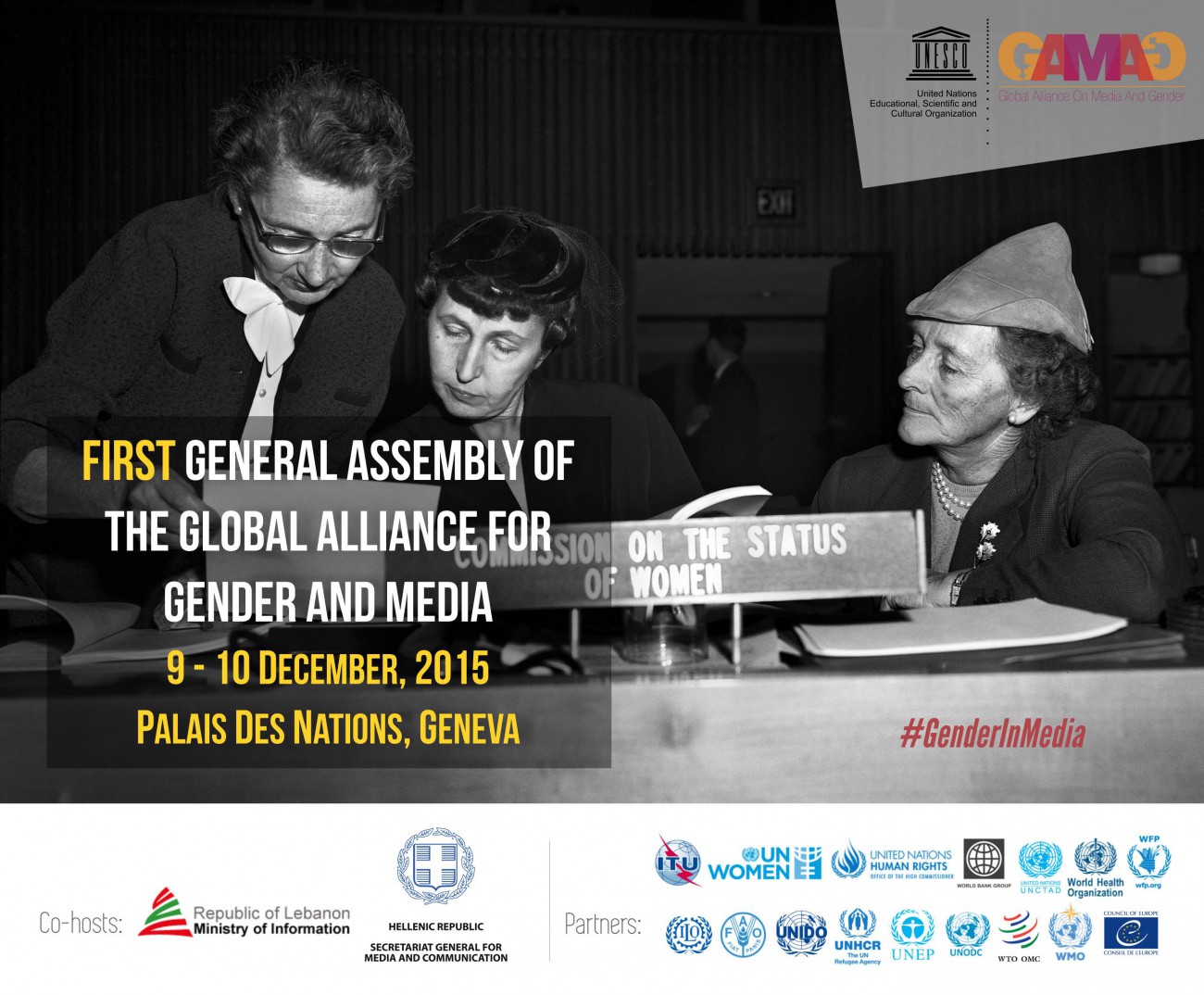





 including digital, that reaches almost all households. After a certain “tipping point,” uptake of popular grassroots movements, like that in support of gender equality and women’s rights, can be quick and widespread in the US. Whether such a tipping point has actually been reached for gender parity is certainly up for discussion. But it is clear that the open – sometimes
including digital, that reaches almost all households. After a certain “tipping point,” uptake of popular grassroots movements, like that in support of gender equality and women’s rights, can be quick and widespread in the US. Whether such a tipping point has actually been reached for gender parity is certainly up for discussion. But it is clear that the open – sometimes  The Interwebs
The Interwebs
 Step Up US!
Step Up US!